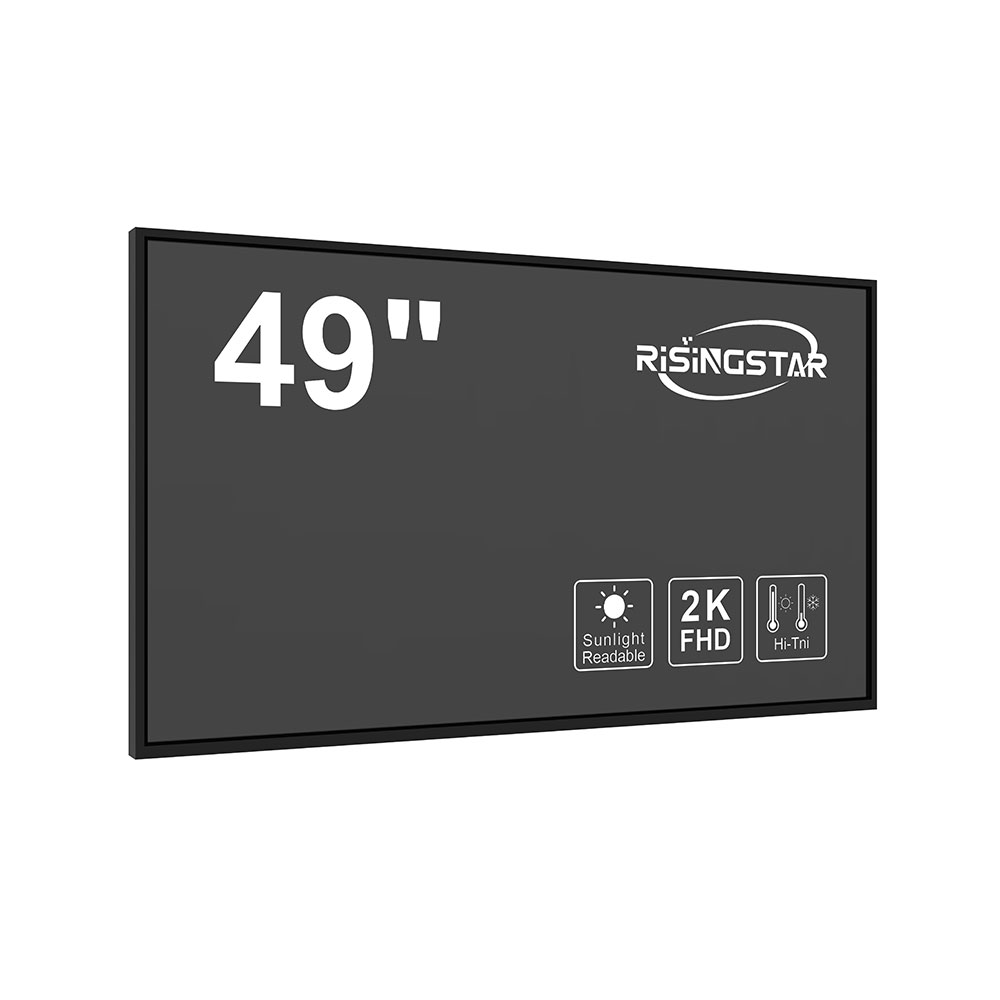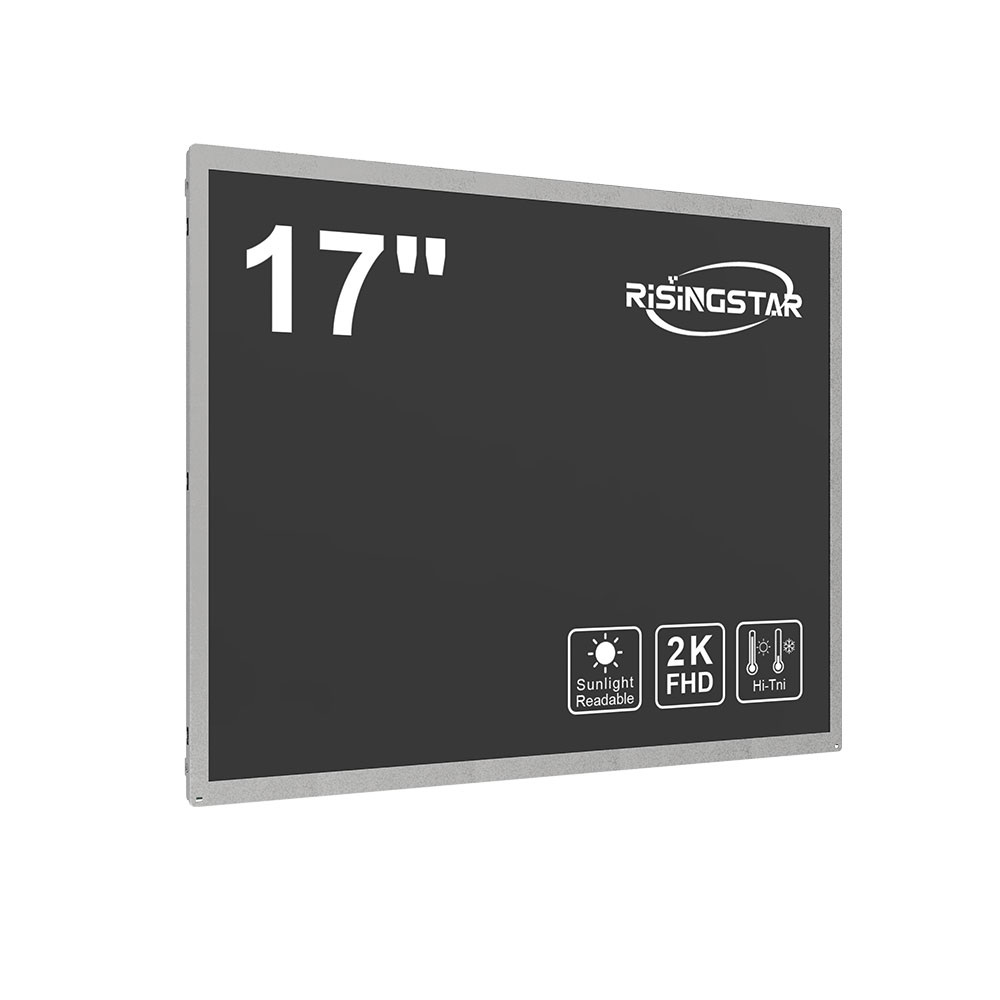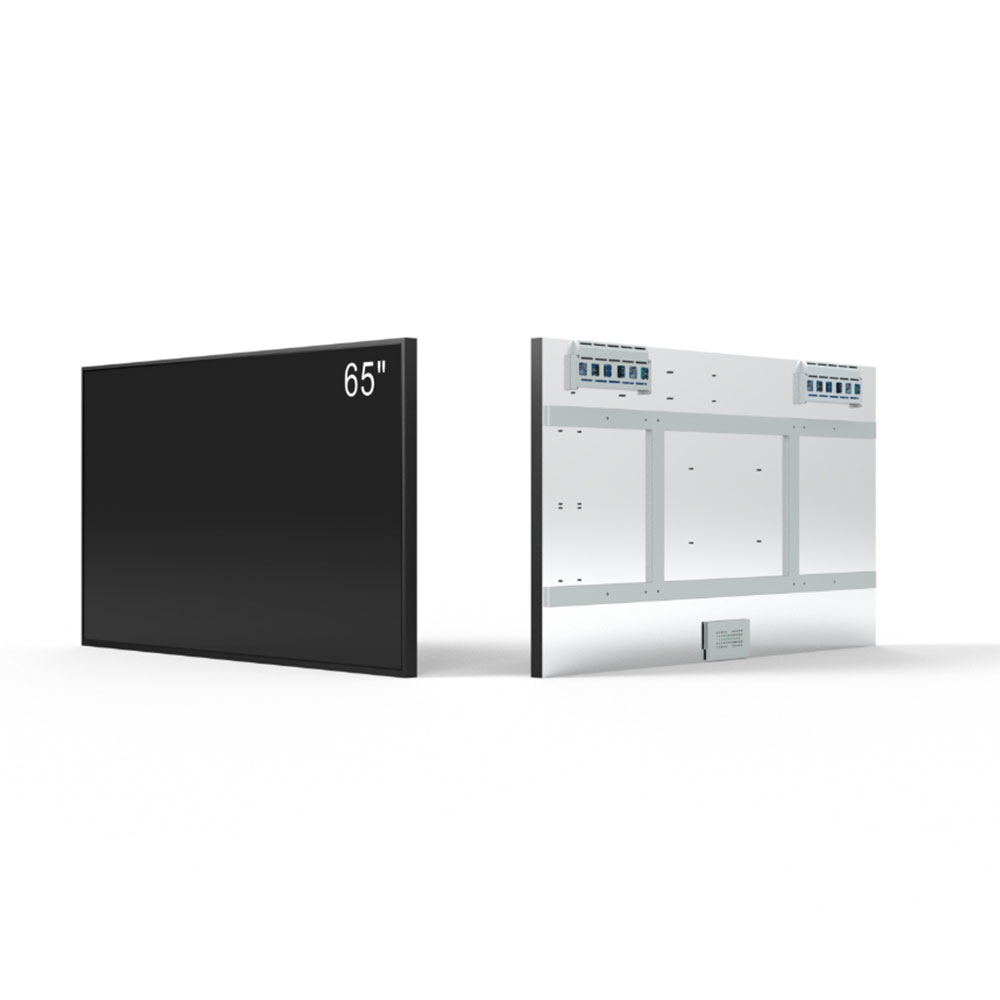- Home
- About Us
- Products
- News
- Video
- Contact
- Send Inquiry
Search
- Home
- About Us
- Products
- News
- Video
- Contact
- Send Inquiry

Outdoor LCD displays are increasingly critical in modern infrastructure, from traffic signals and digital signage to industrial monitoring systems. A key factor determining their reliability in harsh environments is the IP66 waterproof rating—a standardized classification defined by the International Electrotechnical Commission (IEC) under IEC 60529. This rating ensures that a display can withstand dust ingress and powerful water jets, making it ideal for outdoor use.
The "IP" stands for "Ingress Protection," where the first digit (6) indicates protection against solid particles—specifically, complete protection against dust. This means no dust can enter the enclosure, which prevents internal component degradation, sensor malfunction, or short circuits caused by particulate accumulation. The second digit (6) refers to liquid protection: the device must resist powerful water jets from any direction without harmful effects. This includes rain, sprinklers, and even high-pressure washdowns—common in urban and industrial settings.

To achieve an IP66 rating, manufacturers implement rigorous design measures: sealed enclosures with gasketed joints, stainless steel or aluminum housings, conformal coatings on PCBs, and robust fanless cooling solutions to avoid moisture intrusion through ventilation. For example, our engineering team at [Your Company Name] tested 12 different enclosure designs using ISO 20653 standards for water jet resistance before finalizing the IP66-rated housing for our outdoor LED-backlit LCD panels used in airport information kiosks.
This level of protection is essential not only for compliance with international safety standards (like UL 1578 for electronic displays) but also for minimizing maintenance costs and extending product lifespan. In a case study conducted in Singapore’s coastal environment, IP66-rated outdoor displays showed 94% less failure rate over 18 months compared to non-IP66 alternatives exposed to salt-laden air and frequent monsoon rains.

Furthermore, when selecting outdoor LCDs, users should verify that the IP66 rating applies to both the display unit and its power supply/enclosure. Some cheaper models may claim IP66 but fail when installed in real-world conditions due to poor sealing around cables or connectors. Always look for certifications from third-party labs like TÜV Rheinland or Intertek.
For professionals in transportation, retail, energy, and public services, choosing an IP66-rated outdoor LCD is not just about performance—it’s about operational resilience. It guarantees consistent image clarity, touch responsiveness, and system uptime even in the harshest weather conditions. Investing in this standard ensures long-term ROI, reduces downtime, and enhances user trust in your digital infrastructure.
